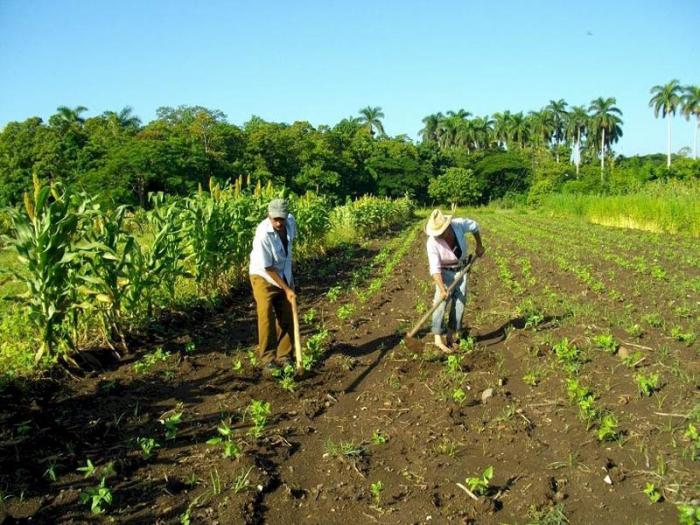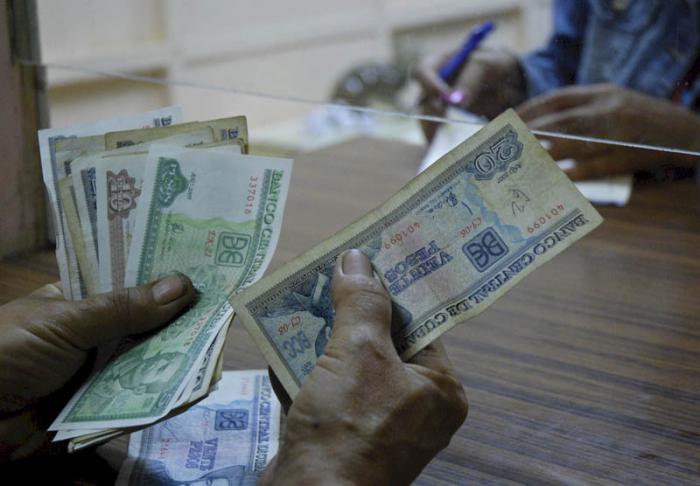
AS is widely known, Cuba is at a crucial moment in the updating of the organizational and operational model of its economy, in order to recover its productive capacity, so as to make its socialist system more just, viable and efficient. The country has been experiencing this process since the adoption in 2011 of the Economic and Social Policy Guidelines at the Sixth Congress of the Communist Party of Cuba, which were ratified that year by the National Assembly of People's Power, which meets twice annually to evaluate the performance of the country.
Three years after the implementation of this process of updating its economic model, Cuba is advancing, not without facing obstacles, through a series of changes embodied in the application of a number of laws and measures to ease regulation of enterprise management, prioritize foreign investment in key sectors, reform the investment process in the country, further systematize non-state forms of management and improve the quality of life of the people, that is, develop the country with the consensus of all.
In an analysis presented to the National Assembly at the end of 2014, it was noted that the country’s economic performance had not met expectations, despite the efforts deployed. Difficulties impacting the first half of the year include a decline in foreign currency income, negative weather conditions and deficiencies in domestic economic administration.
Although the nation experienced a strong recovery in the second half of the year, this was not sufficient to reverse the negative values of the first part of the year, thus the annual GDP growth rate failed to reach the planned 2.2%.

During 2014 the process of currency unification continued apace with, among other measures, the extension of sales in pesos (CUP) in stores which previously only accepted convertible pesos (CUC). In order to perfect socialist state enterprises, 2014 saw measures such as the Comprehensive Industrial Property Policy, new prerogatives to improve the payment of wages to workers and others that contribute to the restructuring of the system, with the goal of granting more independence and autonomy to enterprises.
During 2014 there was a notable increase in non-state forms of management, stimulated by new strategies to improve self-employment and cooperatives. By the end of the year, more than 477,000 workers were registered as self-employed and 498 non-agricultural cooperatives were approved, of which 329 are functioning.
Experts agreed that an important factor in this rise of non-state forms of management was the policy implemented by the Ministry of Domestic Commerce for the gradual transfer of leases of 12,988 locales in the food and minor services sector, by 2016. As a sign of the ongoing evaluation of the guidelines which govern the economic and social life of the country, the Decree Law No. 311 was promulgated, to amend previous provisions, and increases the amount of land that can be granted to individuals who were already proprietors and/or usufructuaries, demonstrating productive results and compliance with their legal and contractual obligations.
Given the increasingly aging population, the Cuban government began to implement strategies to boost fertility rates and also meet the needs of the elderly. Likewise, the Council of Ministers resolved to increase salaries for more than 440,000 workers of the Cuban health system.
As for foreign trade, specialists confirmed that the adoption of a new policy to attract investment, together with the government's commitment to honor its financial obligations, had allowed for growth in this area. In this regard, the Law No. 118 on foreign investment was approved in March, which established a new regime of regulations, guarantees and legal security for investors to attract and make the most of foreign capital. To complement this line of work, Cuban authorities presented a portfolio of investment opportunities at the Havana International Trade Fair, with 246 projects divided by sector valued at 8.7 billion dollars, as well as that related to the Mariel Special Development Zone.
Subsequently, new provisions for payments to workers linked to foreign investment were issued. Forecasts for 2015 Experts considered that in order to achieve GDP growth above the four percent forecast, the availability of funding for essential imports, increased inflow of foreign capital, enhanced labor productivity, and domestic economic efficiency would be key factors. Specialists do not rule out the possible economic impact of the restoration of U.S. - Cuba relations, even when the lifting of the economic, commercial and financial blockade is not immediately expected, as this new context has also stimulated initiatives by business people from other countries already present on the island.
Although 2015 has begun with a series of favorable expectations for the improved economic performance of the country, analysts believe that raising workforce productivity and domestic economic efficiency will be decisive in a context in which, even with improved relations with the U.S., the economic blockade remains in place, without substantive modifications.















